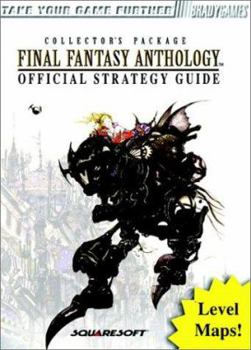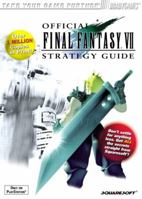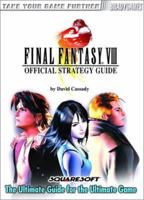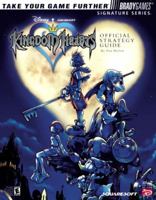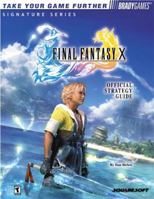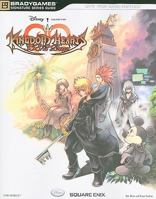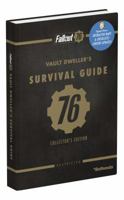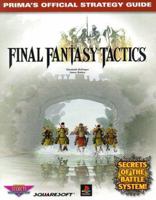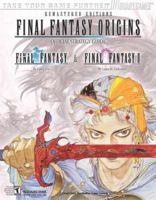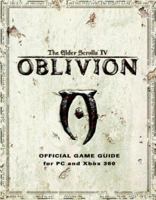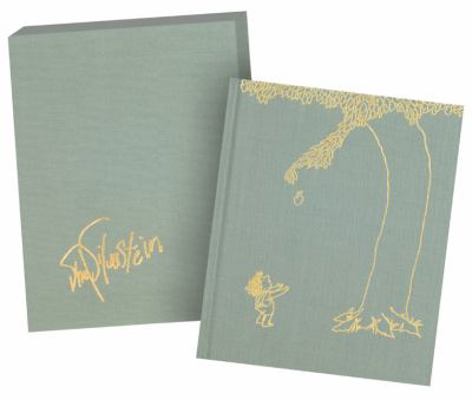Final Fantasy Anthology
Select Format
Select Condition 
You Might Also Enjoy
Book Overview
BradyGames: Final Fantasy Anthology: Official Strategy guide Features: Includes maps and bestiary for both games. BradyGames Strategy Guide covers Final Fantasy V's Job System, Secrets & Side Quests - PLUS Detailed Walkthrough, Weapons, Armor & Relics. Final Fantasy VI Official Strategy Guide details the Espers & Magic - Character Skill - And Secrets & Side Quests. This description may be from another edition of this product.
Format:Hardcover
Language:English
ISBN:0805044647
ISBN13:9780805044645
Release Date:September 1998
Publisher:Henry Holt & Company
Length:359 Pages
Weight:1.57 lbs.
Dimensions:1.2" x 6.4" x 9.5"
Customer Reviews
1 customer rating | 1 review
There are currently no reviews. Be the first to review this work.











